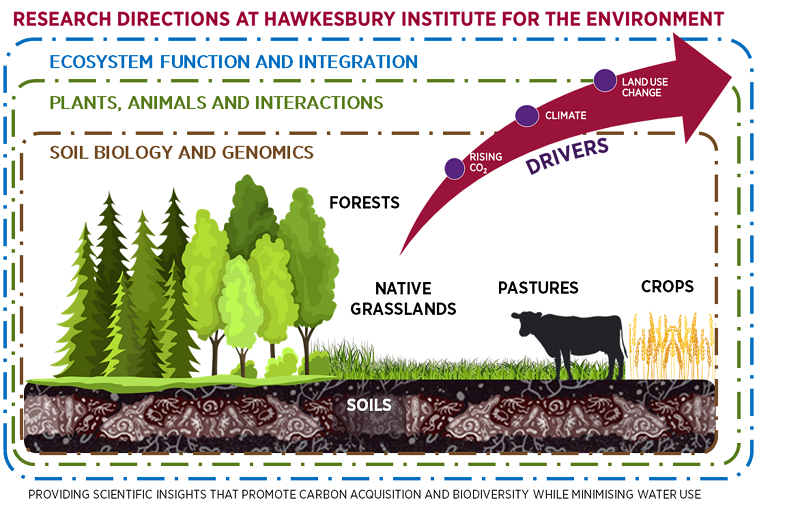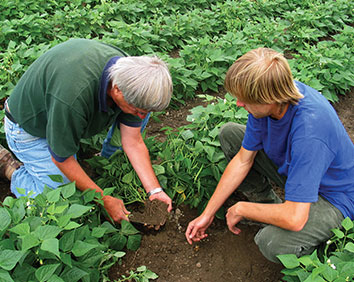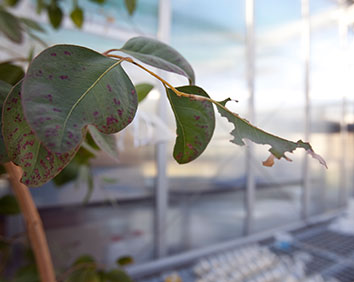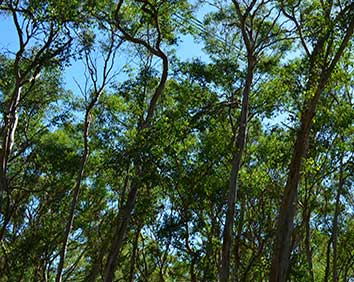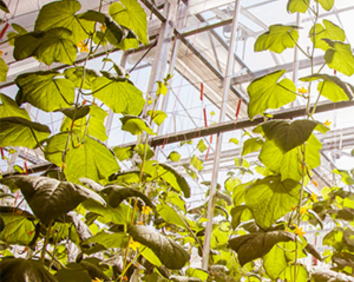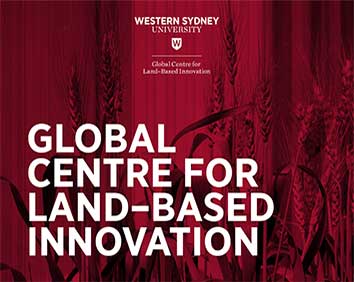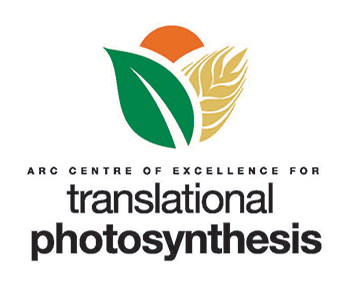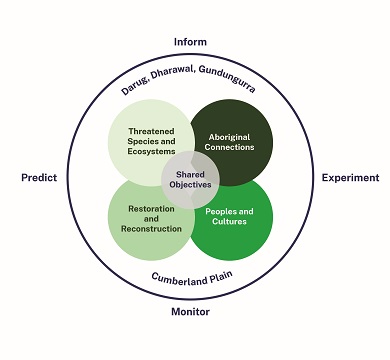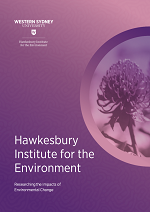
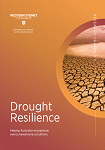
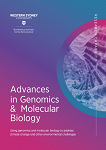
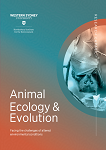
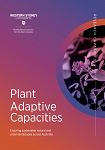
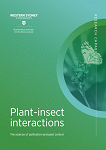
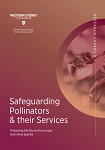
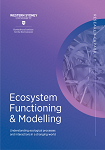
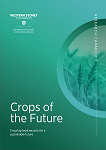
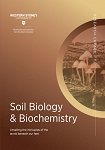
The Hawkesbury Institute for the Environment's diverse portfolio of research brings excellence to decision-making in natural and managed land-based ecosystems.
Our research centres on the functioning of natural and managed land-based ecosystems in Australia and internationally. In a changing world, we need to understand the effects of rapid change in both natural environments and farming systems and on the communities of living organisms ranging from the smallest microbes to the tallest forest trees.
By bringing on board the world's foremost science researchers and providing the latest in technology and facilities, our research solves large-scale problems in a unique and innovative way.
The Hawkesbury Institute invests in scientific futures for the betterment of our natural and human world...
Perhaps the greatest driver of change worldwide, rising atmospheric carbon dioxide is already producing significant impact on our ecosystems in complex and unpredictable ways. The effects of this change are unlike anything our ecosystems have seen in recent history, and our challenge as researchers is to uncover the real effects of this change and provide decision-makers with actionable steps that can help to adjust to this new variability.
Essentially, the Hawkesbury Institute's role is to provide the essential scientific insights needed worldwide that promote sustained carbon storage while maintaining essential natural biodiversity to ensure resilient, productive ecosystems.
Supporting our efforts, the Institute offers a stimulating and friendly environment to nurture current and future generations of scientific experts across a wide range of disciplines.
We invest in scientific futures for the betterment of our natural and human world.